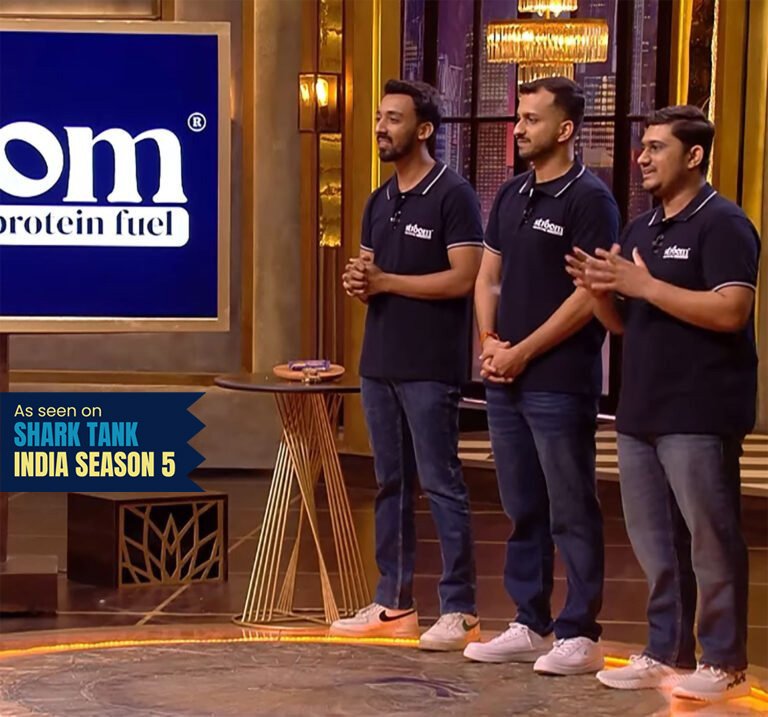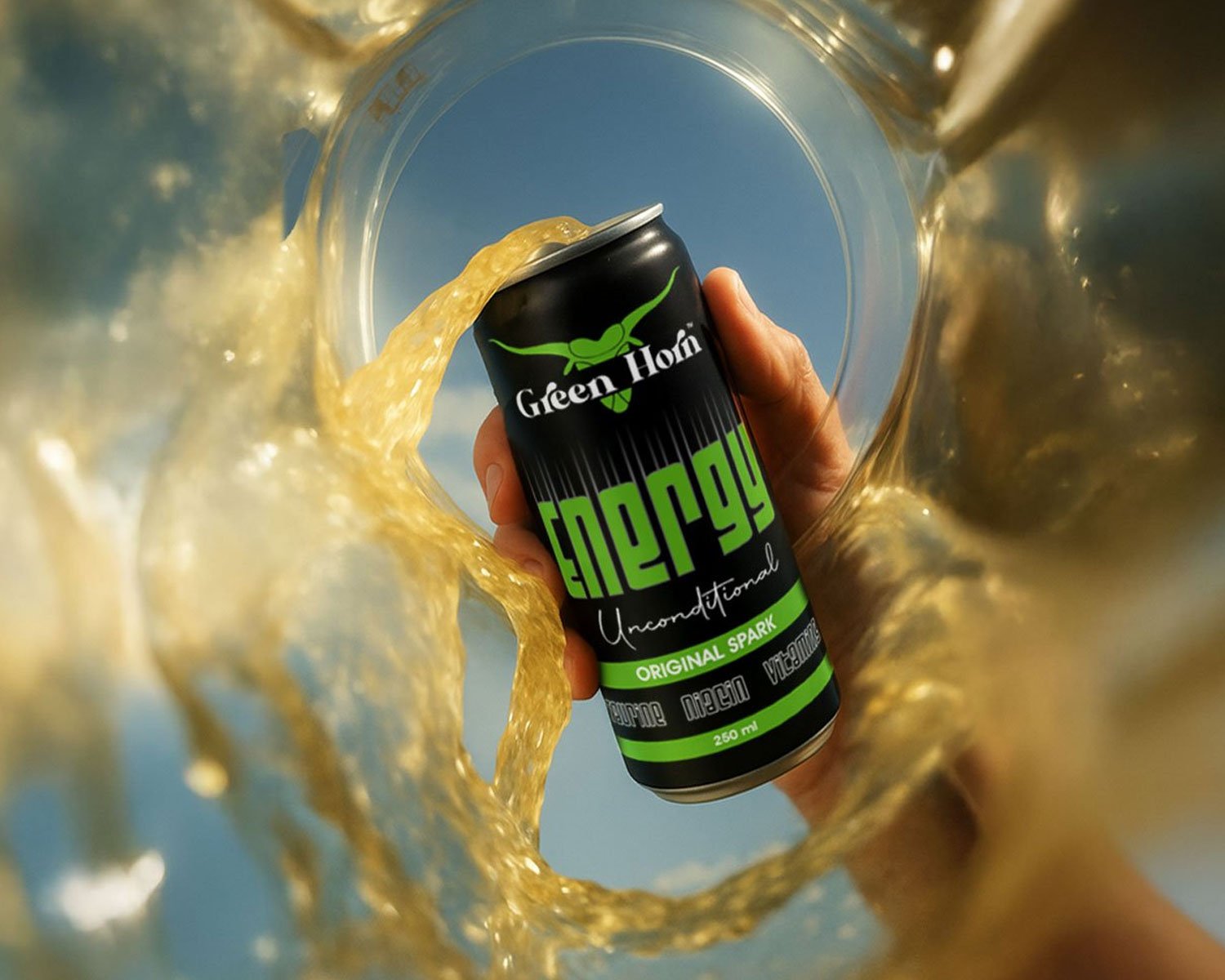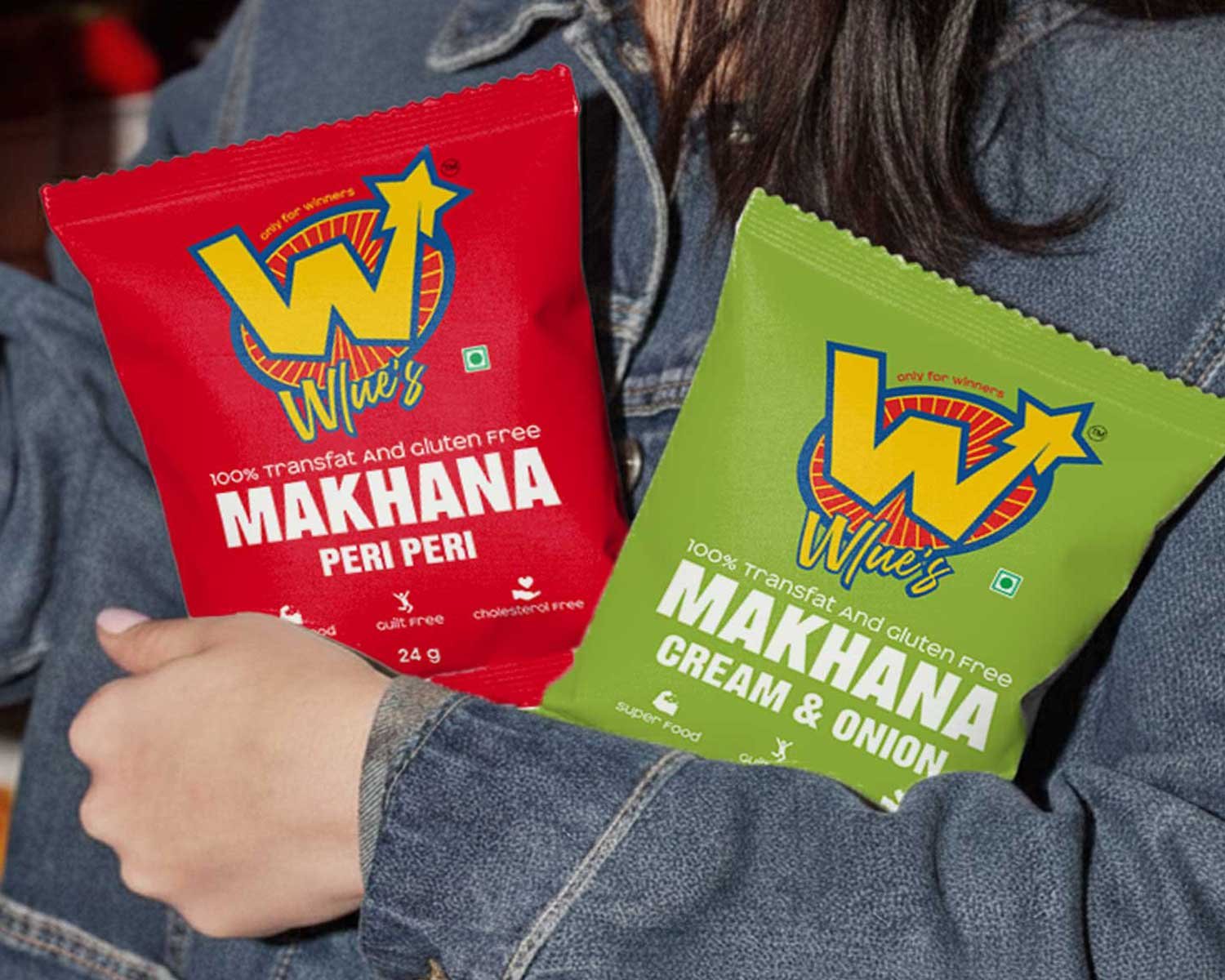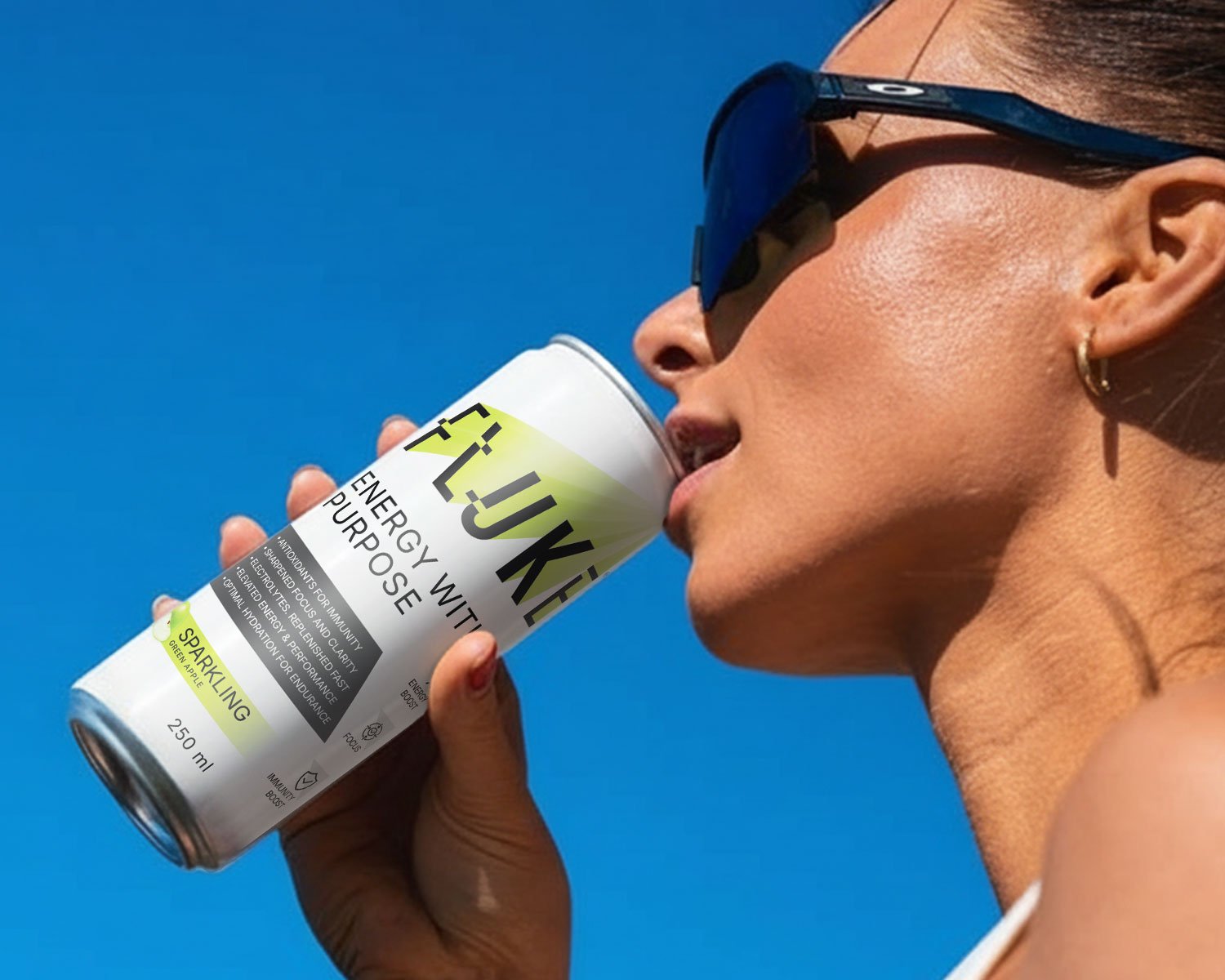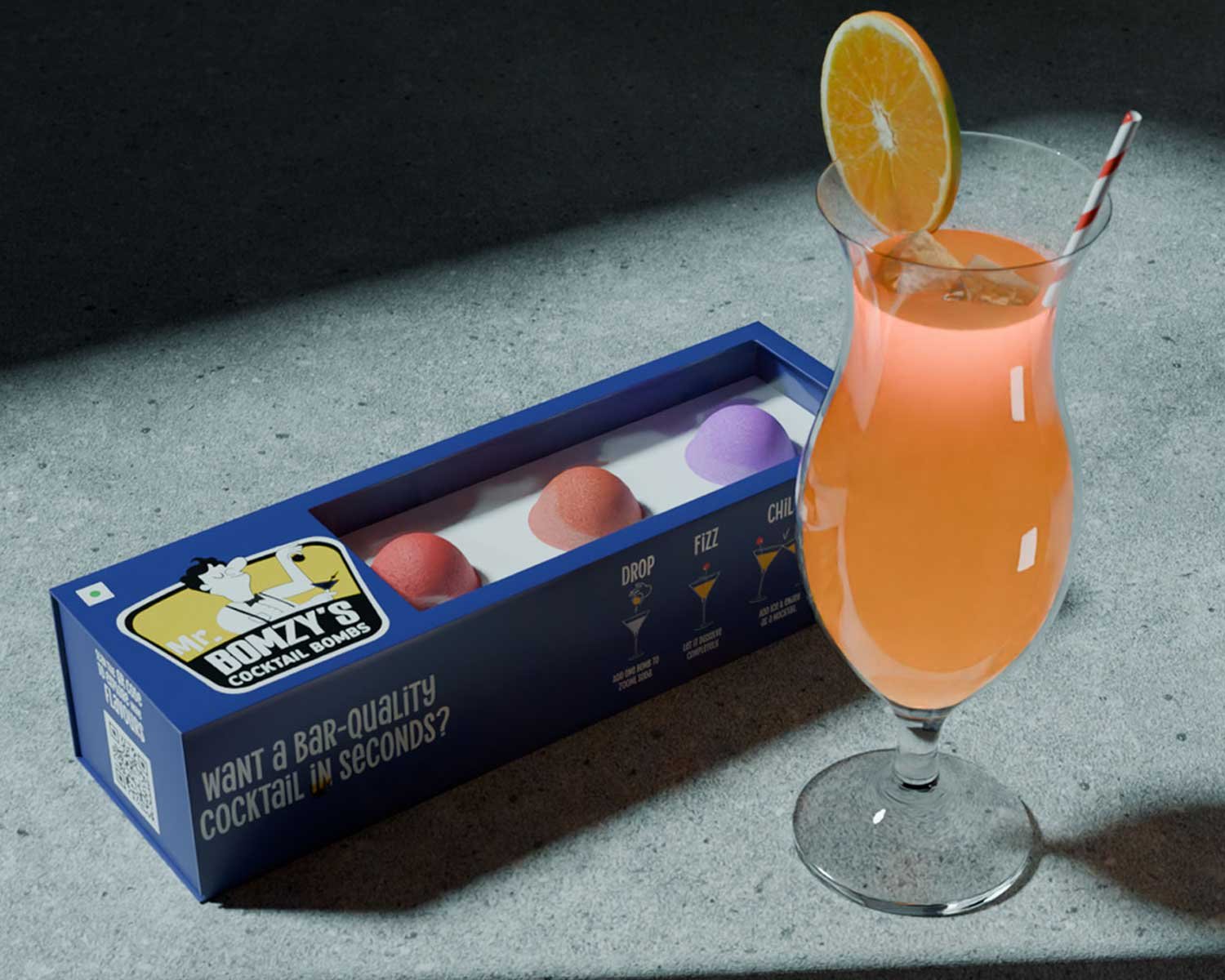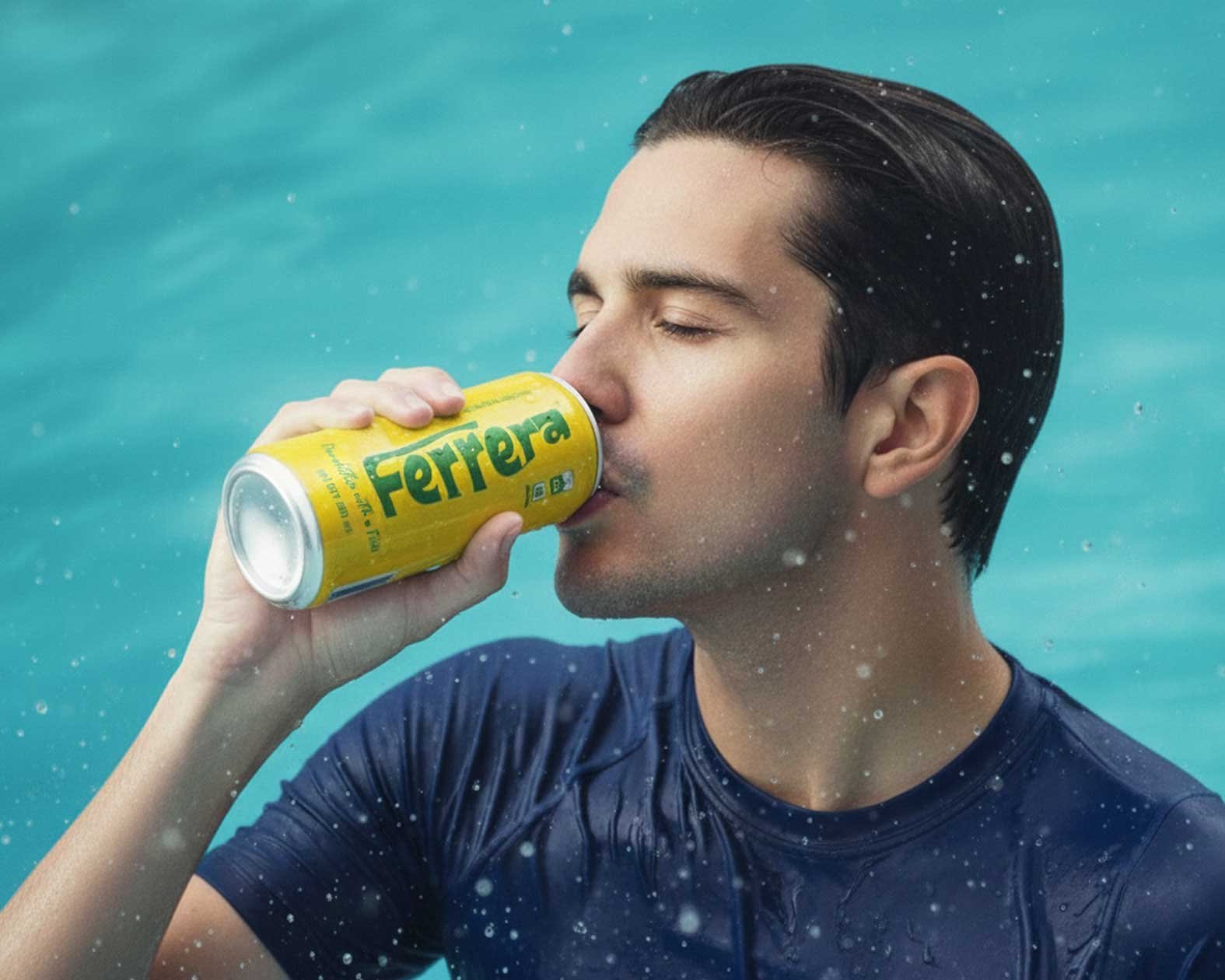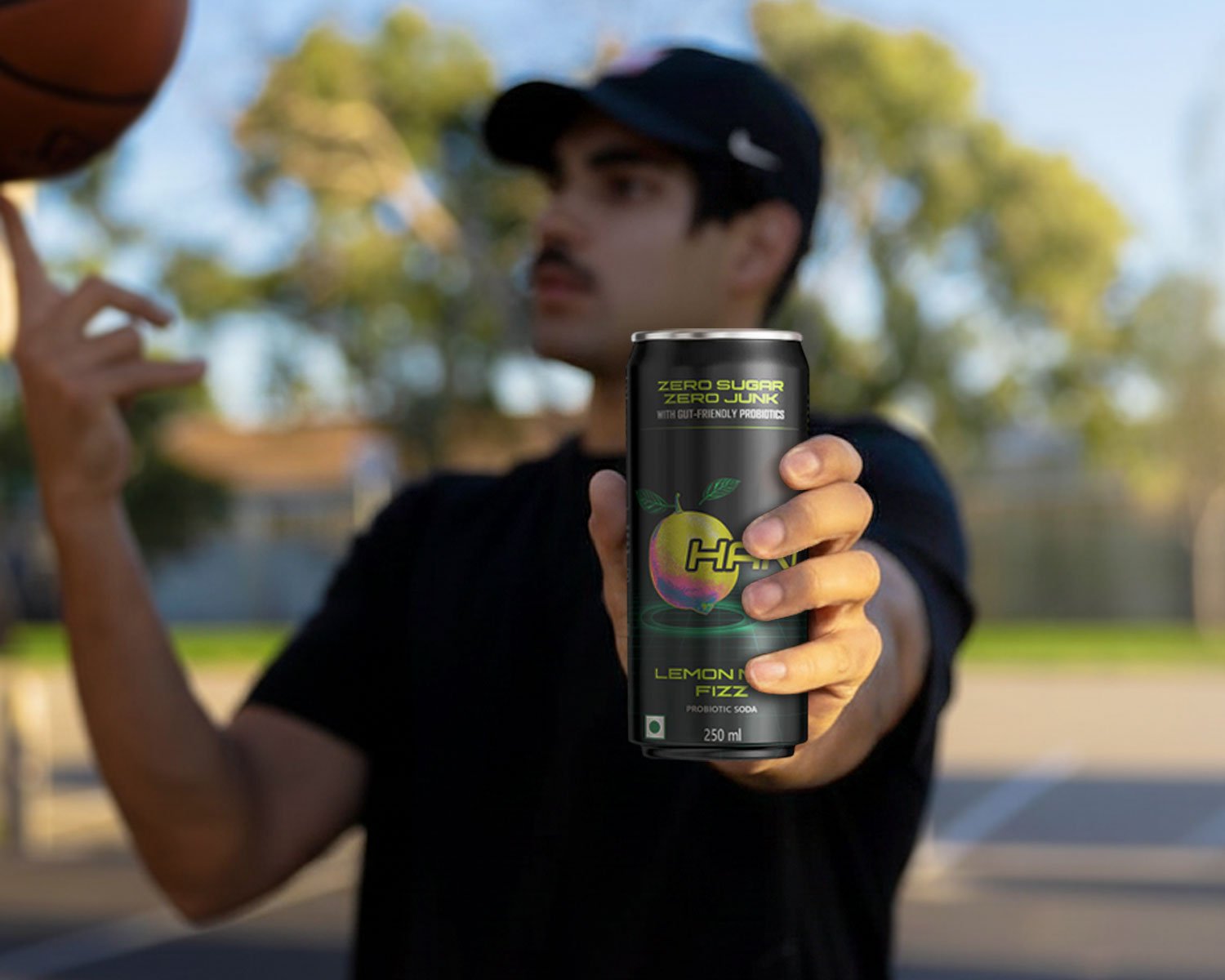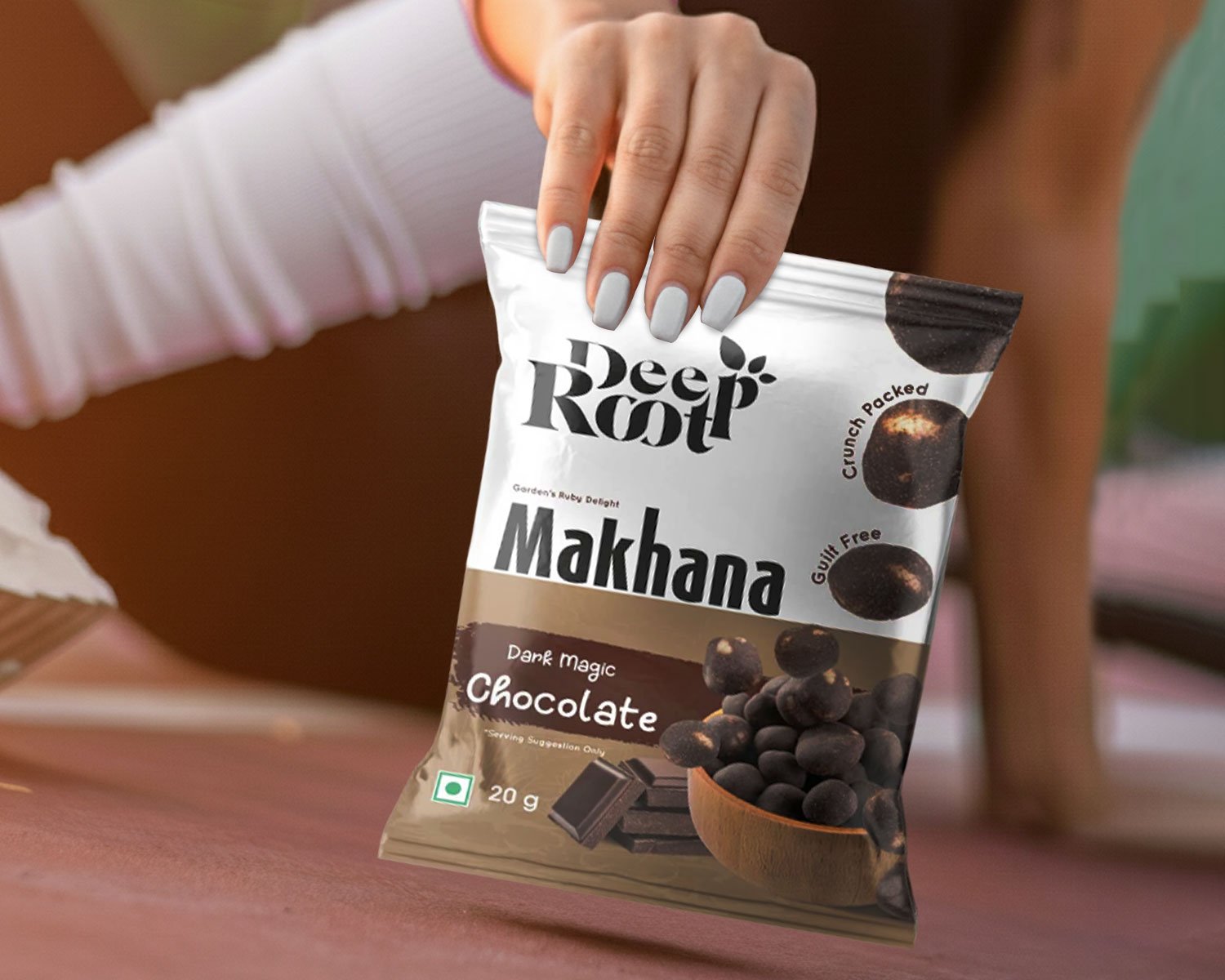In the food and beverage industry, most companies rely on third-party manufacturers, also known as third-party food manufacturing. These partnerships typically fall into three categories: Contract Manufacturing, OEM food manufacturer (Original Equipment Manufacturer), and White Label food manufacturer.
According to a recent Mordor Intelligence report, the global food contract manufacturing market is projected to grow at a CAGR of 9.5% between 2024 and 2029, driven by rising demand for ready-to-eat products, private-label expansion, and low-capex business models. In the beverage segment alone, contract manufacturing is gaining traction as brands seek to ride trends like plant-based, low-sugar, or immunity-boosting drinks—without setting up their own production lines.
However, these terms appear to mean the same thing, but they are used differently based on a company’s requirements. Now, let’s explore these differences and their impact on businesses.
What Is Contract Manufacturing
Contract manufacturing in the food & beverage industry means that the manufacturer does not manufacture the products on its own but sources them from other manufacturers. Third-party food manufacturing relieves the brand of production responsibility so that it can concentrate on aspects such as marketing and product selling, as well as product designing.
Characteristics
🡲 Customization: The brand gives formulas or recipes to the manufacturer in the production of its products in a bid to meet the brand’s requirements in terms of quality and taste.
🡲 Flexibility: Companies can change the production capacity to higher or lower levels following the market demands.
🡲 Popular in the FMCG Industry: Fast-moving consumer goods companies (FMCG) have challenges meeting their consumers’ demands, thus why they incorporate contract manufacturing.
🡲 Cost Efficiency: Brands save on capital expenditure (CapEx) by not investing in machinery, factory setup, maintenance, labor, utilities, or compliance infrastructure. Instead, they operate on an operational expenditure (OpEx) model—paying only for the batches they produce.

Process Overview Contract Manufacturing
The typical contract manufacturing process includes:
- Recipe Finalization (brand submits formula or works with an R&D team)
- Sample Trials & Lab Testing
- Packaging & Label Finalization
- Regulatory Compliance (FSSAI, export norms, etc.)
- Batch Production & Quality Checks
- Dispatch & Distribution
Example: A startup developing a natural energy drink partners with a beverage contract manufacturing company. The startup provides the recipe and desired nutritional values. The manufacturer runs trials, ensures compliance, produces in batches, and handles packaging. The startup focuses on branding, marketing, and sales—without owning a factory.
Why It’s Smart: Contract manufacturing services prove beneficial as they enable firms to cut expenses while getting a constant supply of products without having to seek the services of costly equipment for production.
What Is OEM (Original Equipment Manufacturer)
An OEM produces goods according to a company’s design, but the products are marketed under the purchasing company’s brand name. In the food and beverage sector, this generally takes the form of a company that wants the product to specify the product design. At the same time, the manufacturer needs the product to undertake the design and the final manufacturing of the product.
Characteristics
🡲 Brand Control: It remains with the branding, packaging, and marketing issues while the manufacturer concentrates on the actual creation of the product.
🡲 High Customization: OEMs cut their operations as per the standard set down by the company.
🡲 Confidentiality & Exclusivity: Most OEMs sign non-disclosure agreements (NDAs) and exclusivity contracts, meaning your recipe and process remain confidential and protected from competitors.
🡲 Common in Food and Beverage: Food and beverage OEM services make it easy for brands to manufacture large quantities, but at the same time, have control over the amount of customization they apply to the product.
Example: A functional food brand formulates a high-protein superfood bar packed with plant-based proteins, adaptogens, and natural sweeteners. The company aims to scale production while maintaining a clean-label promise and unique flavor profile—but lacks the infrastructure and technical manpower to produce it in-house.
Instead of building its own facility, the brand partners with a trusted OEM food manufacturer—a specialized OEM food supplier with expertise in healthy snacks and functional food formats.
🡲 Why It’s Smart: OEM food manufacturer offers the best of both worlds—companies maintain brand uniqueness while outsourcing the often costly manufacturing process.
- Reduces CapEx while ensuring high-quality, scalable production
- Gives brands access to advanced R&D and food tech expertise
- Ensures faster go-to-market without compromising innovation
- Ideal for businesses launching functional snacks, beverages, or supplements that require custom formulation
- Enables brands to scale nationally or globally without setting up their plant
What is White Labeling
White labeling is when a food or beverage manufacturer creates ready-made products that different businesses can buy and sell under their own brand names. Unlike contract manufacturing or food and beverage OEM, which involve custom recipes or formulations, white-label food products are already developed and tested. You simply add your branding and start selling.
Characteristics
🡲 Quick to Market: Since products are already made, with white label beverage manufacturers and white label food manufacturers, products are already made and ready for venturing, can easily brand and market the products, and, therefore, be suitable for startup companies.
🡲 Low Investment: Due to the reduced level of customization requirements, there’s no to little cost involved. White-label beverage manufacturing allows you to test the market without burning a hole in your pocket.
🡲 Ideal for Small Businesses: White labeling helps small businesses and D2C brands launch products faster. Whether it’s an energy drink, snack bar, or kombucha, a white label beverage company gives you access to production without owning a factory.
Example: A startup that needs to introduce a white-label beverage similar to a generic energy drink or something similar under their brand.
🡲 Why It’s Smart: White labeling in the food & beverage industry is perfect for companies looking to launch fast without spending months in R&D. It removes the heavy lifting of contract manufacturing while still letting you build a unique brand.
Whether you’re exploring third-party food manufacturing, beverage contract manufacturing, or searching for private label food manufacturers in India, white labeling gives you a ready-to-go path from idea to retail shelf.

Comparison: Contract Manufacturing, OEM, and White Labeling
| Criteria | Contract Manufacturing | OEM (Original Equipment Manufacturer) | White Labeling |
|---|---|---|---|
| Product Customization | High – Product is made based on specific company recipes/formulas | High – Manufacturer creates products based on company designs | Low – Products are pre-made, and limited customization is available |
| Brand Ownership | Brand owns the product and recipe | Brand owns the design and branding | Brand rebrands an existing, generic product |
| Production Control | Shared between the brand and the manufacturer | Brand controls design; manufacturer handles production | The manufacturer controls the product; the brand focuses on rebranding |
| Cost | Moderate – Depends on the level of customization | Moderate to High – Depends on design complexity | Low – Affordable since products are pre-made |
| Speed to Market | Medium – Depends on the production process | Medium – Requires design and production time | Fast – Ready-made products can be rebranded quickly |
| Best For | Companies looking for unique, high-quality products | Companies needing full control over the product’s uniqueness | Startups or small businesses wanting quick, affordable products |
| Example | A company outsourcing a custom beverage production | A company providing specifications for a unique snack | A business selling a pre-made energy drink with its branding |
Make the Right Move for Your Brand’s Success
If you’re searching for contract manufacturing, OEM, or white labeling food contract manufacturing services, Foodsure can help you achieve the best results. We excel in all these services and have successfully worked with various clients to bring their products to market efficiently and effectively. To learn more, contact us at +91 8130404757.




